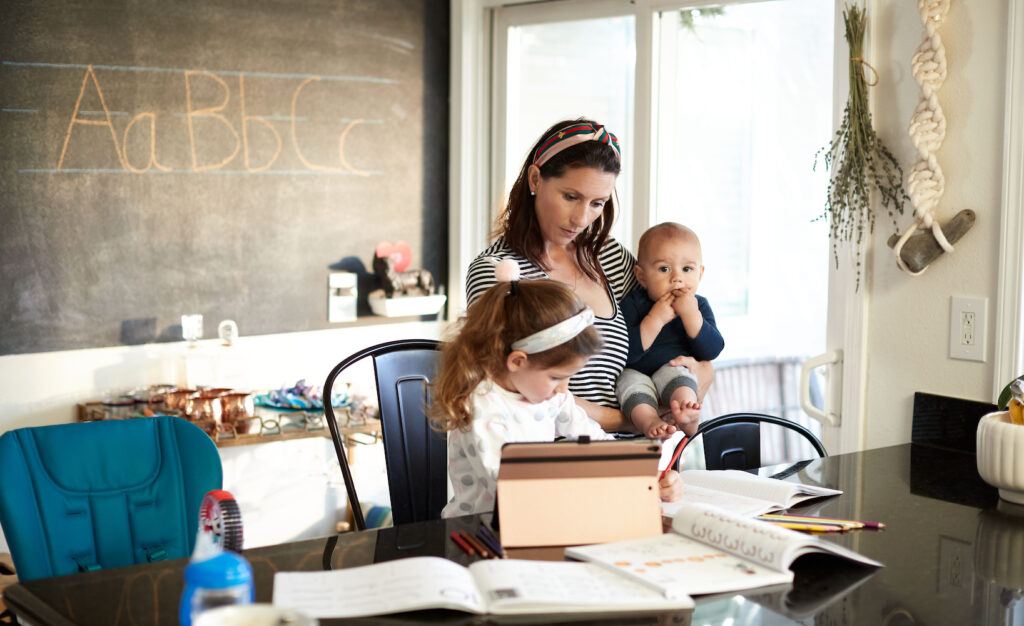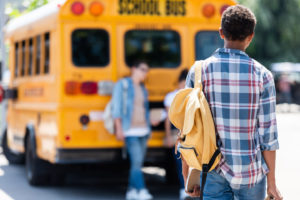Louisiana rejects bill to end state approval of homeschooling programs
The Louisiana House of Representatives rejected legislation to end government approval of homeschool programs, which advocates say would have made homeschooling easier for families in the Bayou…

The Louisiana House of Representatives rejected legislation to end government approval of homeschool programs, which advocates say would have made homeschooling easier for families in the Bayou State.
Rep. Beryl Amedée, a Republican from Terrebonne Parish who homeschooled her three sons for 21 years, introduced House Bill 550 to “simplify and streamline” the process for others.
The state has made the process so complicated she spends 45 minutes explaining it to parents interested in this educational alternative, she told the Louisiana Illuminator.
However, the bill failed in a 43-51 vote on Wednesday.
‘Approved system versus an unapproved system’
“There’s some phantom belief that an approved system versus an unapproved system does something big,” said Rep. Roger Wilder, R-Denham Springs, who also homeschooled his children. “It didn’t happen.”
Homeschool laws vary by state, so some states have more stringent regulations than others. The Home School Legal Defense Association (HSLDA) has a detailed breakdown of state homeschool laws on its website, ranging from low to high regulation.
Louisiana is one of 11 states requiring government approval of homeschool curricula, said Jessie Leger, legislative affairs director for the Christian-based nonprofit Homeschool Louisiana. She testified in favor of the bill.
The measure also would have allowed homeschool students to receive college assistance from the state’s TOPS program, a merit-based scholarship.
And it would have allowed homeschool programs to award state-recognized diplomas and avoid a “dropout” label for students who transition from public schools to homeschooling, Amedée said.
Over more than 40 years of history, homeschooling has endured stringent regulations and obstacles, yet continues to overtake public schools in academic performance as well as social, emotional, and psychological measures.
Homeschooled students typically outperform their public-school peers by 15 to 25 percentile points on standardized academic achievement tests, according to the National Home Education Research Institute (NHERI). They also score above average on college admission tests, such as the ACT and SAT.
No correlation has been found between state regulation and overall academic achievement for homeschoolers.
Meanwhile, studies have also found homeschoolers placing above average in social, emotional, and psychological measures such as self-esteem, social skills, and community service.
For example, a Harvard Law study in 2021 found homeschoolers “generally develop into well-adjusted, responsible and socially engaged young adults.”
“Among the students we examined, home-schoolers were 33% more likely to volunteer, 31% more forgiving and 51% more likely to attend religious services in young adulthood than those who attended public school,” researchers wrote.
Louisiana’s decision to continue government approval of homeschool programs comes as the movement continues to grow nationwide, sparking increased criticism of the model in mainstream media outlets.
“The growth demonstrates home schooling’s arrival as a mainstay of the American educational system, with its impact — on society, on public schools and, above all, on hundreds of thousands of children now learning outside a conventional academic setting — only beginning to be felt,” wrote the Washington Post.
HSLDA and other homeschool advocates, however, point out homeschooling falls under the parental right to direct their children.
“Parents must be given the say-so over the raising and educating of children because they have proven themselves trustworthy,” wrote the nonprofit’s president emeritus, J. Michael Smith. “The alternative is trusting the state to know each child individually and to give the love and support that a parent gives. It is not possible.”



